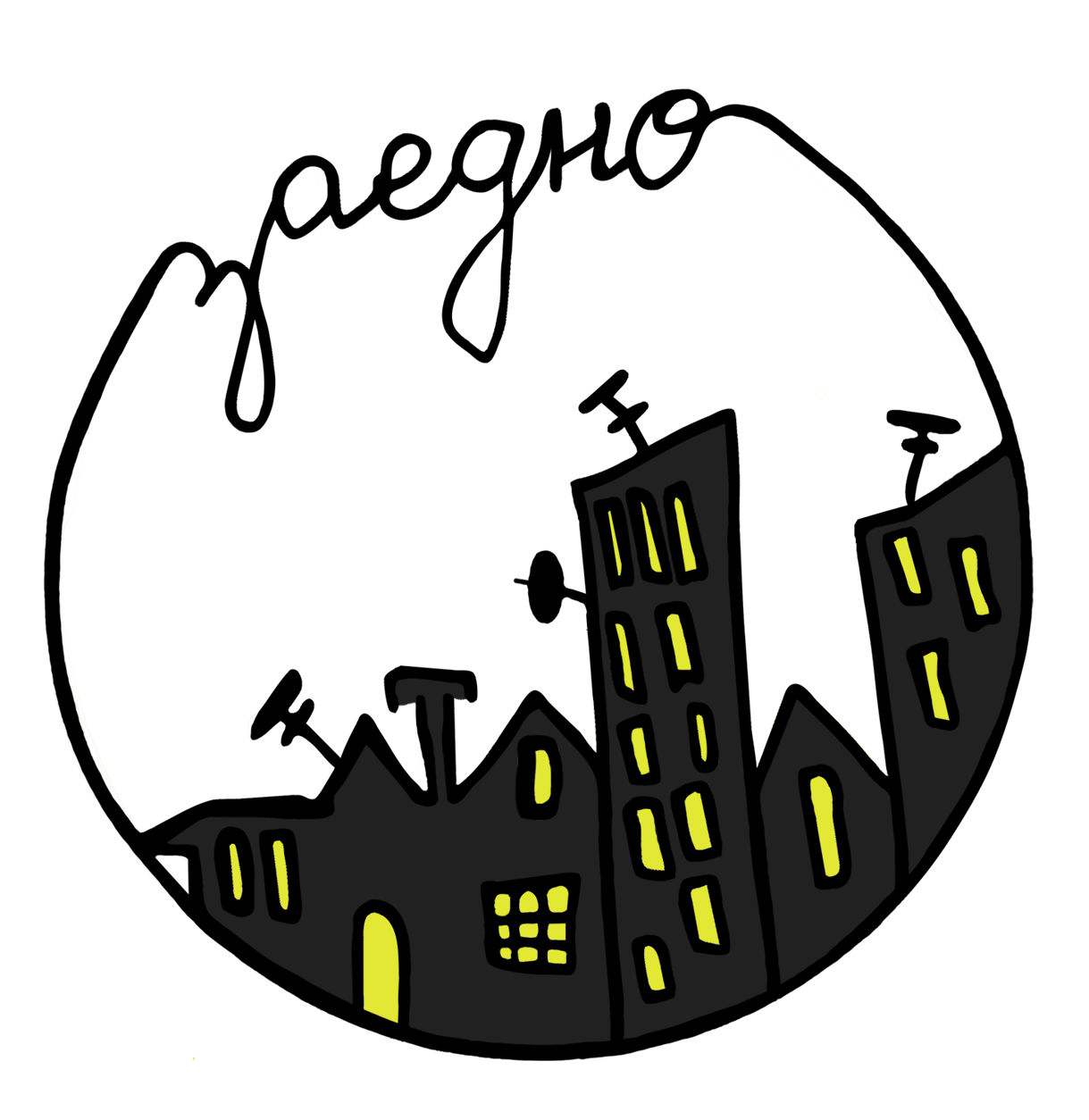Life in the Tobacco City
I was born 1922. My parents were from Macedonia but I was born in Plovdiv. My father was a porter in one of the tobacco warehouses and up to 1941 I lived in tobacco warehouses. He moved from warehouse to warehouse with his family. Thus I grew up in tobacco warehouses. For my secondary education I was advised to go to the School of Commerce but now I know I was not born to be a businessman, in today’s lingo. An education in economics facilitated finding jobs, whereas a classical scholar, who studied Latin and Greek, had to go to university and read law, or architecture…
Every year we were required to certify that we had had training, that we had practiced the theory we studied. By default, I had my training in the tobacco warehouses where I used to list the workers. And in view of the fact that I was a child who lived in a warehouse, all the workers knew me and were pleased for me. This is how I went through the School of Commerce. I had that training for a month each year. I graduated thanks to that man who took me in here in 1942 when he found out that my father had passed away. In 1941 both my mother and I stayed with other people.
We could no longer stay in the tobacco warehouse as the man whom they needed was gone, was dead – they did not need his family. At that time they gave my mother 11,000 levs of the then money as assistance, in the form of a savings account, to honour my father’s good work, and told her, “Goody Pavlina, this money cannot compensate old Milan’s work, but it can help you until young Stoyan graduates from school. Use it when you need it, use it to buy clothes or books for him.” And they told us to leave.
I still remember the thousands of people who used that “air bridge” from the then quarter of Kyuchuk Parizh (Little Paris) to come to work at the tobacco warehouses. We could observe the stairs swarming with people climbing down. There were two people going in the opposite direction, against the tide of the crowd descending the stairs: a schoolmistress and this man who became my saviour. He was an accountant in the Vinegar Factory of the day, this we only found out later. Once I saw he dropped something. I took it, caught up with him and gave it back to him: “Sir, you lost this,” whereupon he looked at me and thanked me with a traditional phrase. One day he stopped for a while and asked my father whether it was not too dangerous for a young kid to be working there. This is how is happened, an unintentional acquaintance that turned into such a benevolent act of charity, and I cannot thank the man enough as long as I live.
An adapted text from an interview with S.S. recorded by Meglena Zlatkova
